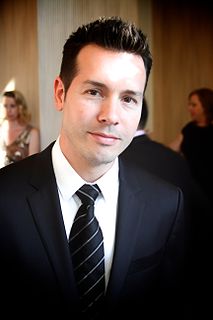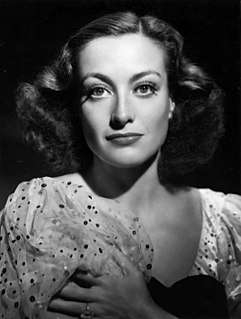A Quote by Sebastian Junger
People ask me about 'The Hurt Locker' a lot, and it's an incredible piece of filmmaking - as are 'Band of Brothers' and 'Platoon' and 'Full Metal Jacket' and 'Apocalypse Now.' But they're not necessarily true to war in a literal sense. What they are, really, are brilliant movies about Hollywood's idea of war.
Related Quotes
The classic war movies of the post-Vietnam era have generally taken on grand, philosophical themes: the meaninglessness of war, the grinding down of man by the machine - the machine being war itself, represented by someone like Gunnery Sergeant Hartman in 'Full Metal Jacket,' the sadistic marine who turns his boys into instruments of death.
When I talk about intersex, people ask me, 'But what about the locker room?' Yes, what about the locker room? If so many people feel trepidation around it, why don't we fix the locker room? There are ways to signal to children that they are not the problem, and normalization technologies are not the way.
When people say stuff to us casually in reviews, if they write about it in a condescending way with really gendered language, that's not really about me. It used to hurt my feelings more than it does now. That's not about us as a band or me as a person. That's about how you feel about women, and that's a societal thing.
One of the reasons it's important for me to write about war is I really think that the concept of war, the specifics of war, the nature of war, the ethical ambiguities of war, are introduced too late to children. I think they can hear them, understand them, know about them, at a much younger age without being scared to death by the stories.
So about 80 years after the Constitution is ratified, the slaves are freed. Not so you'd really notice it of course; just kinda on paper. And that of course was at the end of the Civil War. Now there is another phrase I dearly love. That is a true oxymoron if I've ever heard one: "Civil War." Do you think anybody in this country could ever really have a civil war? "Say, pardon me?" (shoots gun) "I'm awfully sorry. Awfully sorry."
People say to me, Hey, Bill, the war made us feel better about ourselves. Really? What kind of people are these with such low self-esteem that they need a war to feel better about themselves? May I suggest, instead of a war to feel better about yourself, perhaps... sit-ups? Maybe a fruit cup? Eight glasses of water a day?
With a book called 'Keeping Score,' I really did want to write a book about the Korean War, because I felt that it is the least understood war in the American cultural imagination. So I set out with the idea that Americans didn't know much about the Korean War and that I was going to try to fix a tiny bit of that.



































